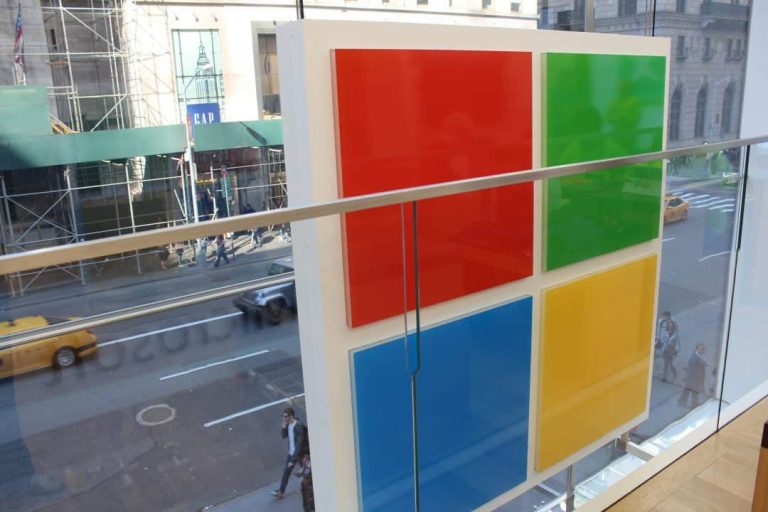A couple of weeks ago, Eugene Kaspersky from the Russian multinational cyber security and anti-virus provider Kaspersky fired shots at Microsoft and filed a new antitrust complaint against the company in the European Union. The issue as heart at the time was Microsoft’s Windows Defender antivirus solution, and Microsoft pushing its own antivirus over third party software in Windows 10. Now that some time has passed, Microsoft has indirectly responded to Kaspersky Antitrust complaints by highlighting its antivirus efforts in a new post to the TechNet blog.
Titled “Partnering with the AV ecosystem to protect our Windows 10 customers,” the 1,000-word post is penned by Rob Lefferts, Partner Director, Windows & Devices Group, Security & Enterprise at Microsoft. He highlights the impacts of the WannaCry attacks and addresses the importance of how Microsoft is trying to make Windows 10 the safest and most secure version of Windows ever.
Though Lefferts does not address Kaspersky directly in the post, he does mention that Microsoft’s approach to security in Windows 10 “includes both the end-to-end protections we build in natively, as well as support for the larger ecosystem of ISV [Indepedent Software Vendors] and OEM partners to do their best work.” This would appear to address Kaspersky’s claim that Microsoft is using its “dominant position” to promote Windows Defender.
Additionally, Lefferts mentions that Windows Defender was built with the promise that “to our customers that every Windows 10 device ALWAYS has protection from viruses and malware.” In the same section, he once again indirectly reacts to Kaspersky and points to the fact that Microsoft “actively engages with and support a community of over 80 independent software vendors through the Microsoft Virus Initiative (MVI) program.”
Lefferts breaks down four key areas where Microsoft protects customers from malware. It is in these areas that he once again indirectly addresses Kaspersky by mentioning Microsoft’s reasoning for disabling third-party antivirus after an Update to Windows 10. Lefferts remarks that this was done “in partnership with the AV partner to specify which versions of their software are compatible and where to direct customers after updating.” We’ve included snippets from Lefferts’ full post below.
- We believe staying current is the most important thing in keeping customers safe and secure
- We believe in honoring customer choice and supporting a rich security ecosystem.
- We believe in “always on” customer protection.
- We believe in earning customer trust every day.
According to The Verge, Microsoft is attempting to reach out to officials at Kaspersky to address the concerns before a hearing on the EU antitrust complaint. Since both companies have either directly or indirectly made their claims public, it would only appear that the entire case now rests entirely in the hands of the European Commission. We will be following this saga closely, so be sure to keep it tuned to OnMSFT for the latest.



